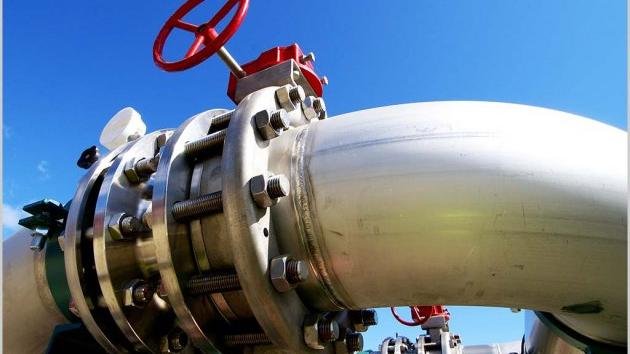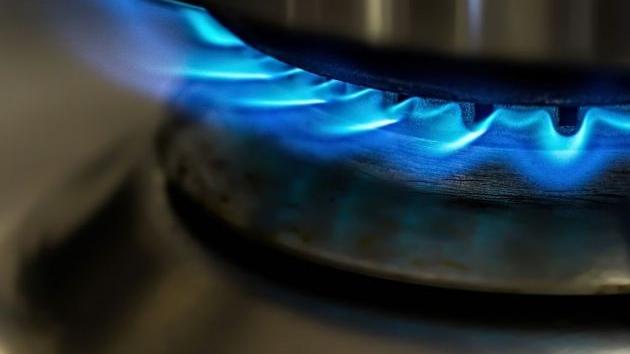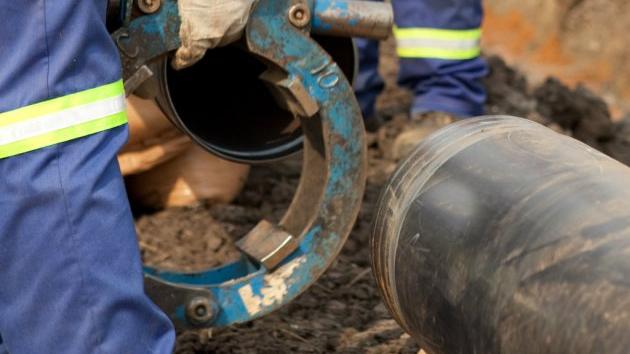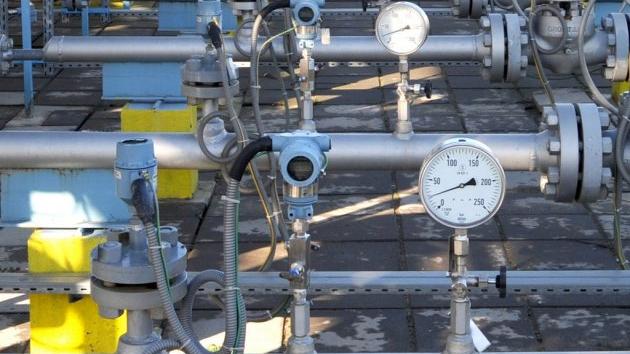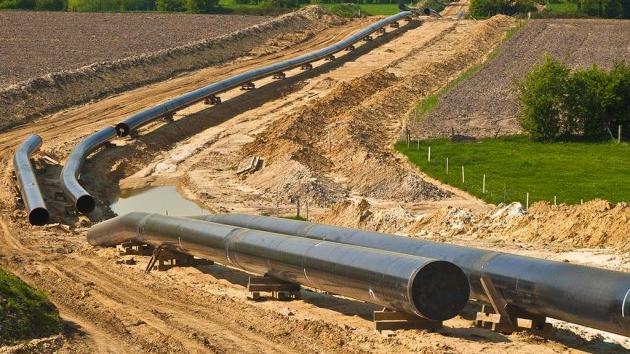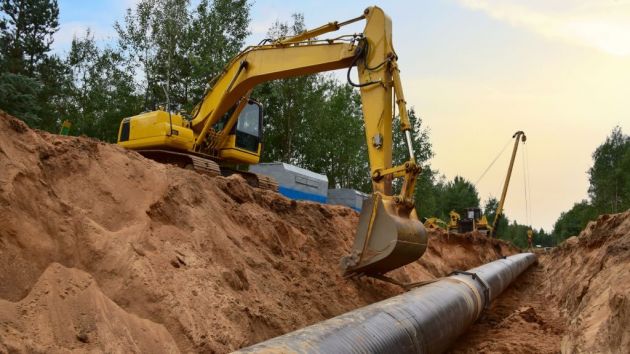Serbia Negotiating About Gas from Azerbaijan – Supply Through Gas Interconnector with Bulgaria Could Begin as Soon as Next Year
 Sunday, 26.03.2023.
Sunday, 26.03.2023.
 10:22
10:22
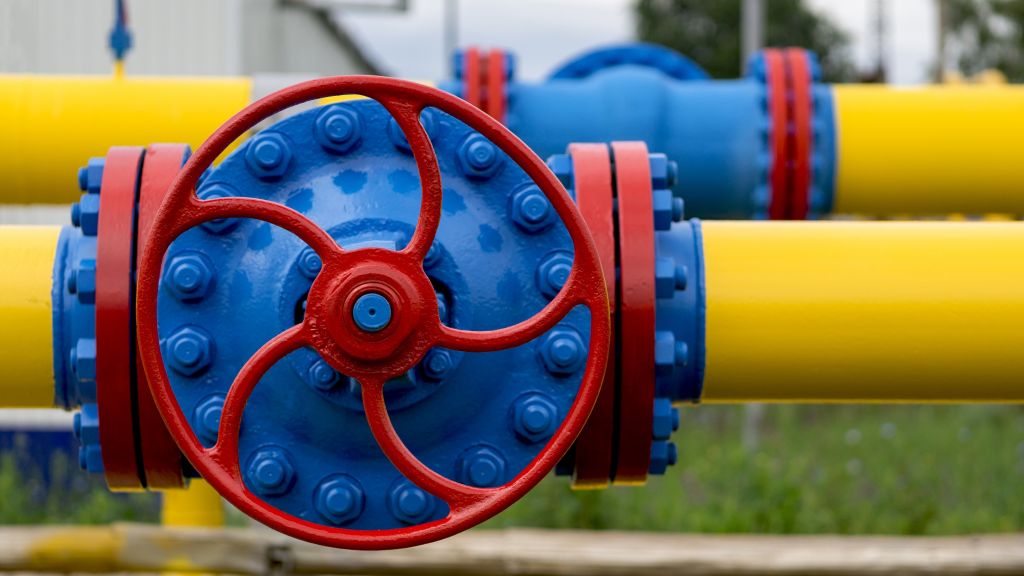
Demostat cites the ministry that Serbia could receive the gas as soon as next year and adds that Serbia is also considering the possibility of reserving certain gas capacities at the LNG terminal in Alexandroupolis, Greece.
The construction of the gas interconnector Serbia-Bulgaria, which should enable a diversification of supply sources and a greater energy stability and free Serbia and the region of the dependence on Russian gas, will be completed before the beginning of the new heating season, so, by the autumn this year, Demostat’s sources from the Energy Community assure.
When asked by Demostat whether Serbia already has signed contracts or an agreement with new suppliers and from which countries gas is to come, the Ministry of Mining and Energy responds that talks are ongoing with the partners from Azerbaijan about the quantities and the prices of gas, “which Serbia could start receiving next year.”
Demostat reminds that the CEO of Srbijagas, Dusan Bajatovic, said in mid-March that Serbia had already reserved 300 million cubic meters of gas at the LNG terminal at the Greek port of Alexandroupolis.
The ministry reminds that, with the completion of the gas interconnection Serbia-Bulgaria, Serbia will get the option of connecting to gas sources coming from Greece, including gas from Azerbaijan and the Caspian Region and the LNG terminal in Greece, and that terminal can receive gas from the whole world, so Qatar, Norway, or American companies could be among the suppliers, the sources from the Energy Community say for Demostat.
The gas interconnector should change the energy situation in the whole region, which largely depends on Russian gas.
When it comes to Serbia, gas comprises around 13% of the consumption of primary energy, and it can currently enter our country through two points only – from Bulgaria near Zajecar through the Balkan Stream gas pipeline (part of TurkStream, a joint project of Russia and Turkey) and from Hungary.
Serbia is dependent on Russian gas, which is delivered by TurkStream – from Russia beneath the Black Sea, through Turkey and Bulgaria, and buys it at a preferential price, while buying the remaining, small part of the gas in the market at the market prices.
The European Union aims for energy diversification, especially since the beginning of the war in Ukraine, which is why some EU states have freed themselves of the dependence on Russian gas or are on their way to doing so, Demostat writes.
Through the IPA funds, the EU has set aside EUR 49.6 million in grants for the gas interconnector project, whose total value is EUR 85.5 million.
Serbia has secured the remaining money through a loan of the European Investment Bank, and EUR 15 million and EUR 7.5 million for the preparatory works and designing has been set aside from the budget.
The total length of the Serbia-Bulgaria gas pipeline through both states will be 170 kilometers and it will be a two-way pipeline for its entire length.
The gas pipeline in Serbia will be 109 kilometers long and be able to transfer 1.8 billion cubic meters of natural gas a year.
The new gas pipeline, as announced, will secure an additional 60% increase in capacities compared to the current annual needs of Serbia, which amount to around three billion cubic meters of gas.
Naš izbor
Most Important News
06.04.2024. | Agriculture
Preconditions for Placement of Fresh Blueberries and Dried Plums in Chinese Market Secured

16.04.2024. | News
Jovan Ciric, Leasing Director Retail MPC Properties – MPC Echo symbolizes our desire for good ideas and innovative endeavors to spread freely and bring about positive changes

16.04.2024. | News
10.04.2024. | Finance, IT, Telecommunications, Tourism, Sports, Culture
Creative Industry – What This Serbian Economy Sector Worth EUR 2 Billion Encompasses

10.04.2024. | Finance, IT, Telecommunications, Tourism, Sports, Culture
28.04.2024. | Industry
Viennese waste water treatment facility works on nature-based model and supplies itself with green energy – Clean water poured into the Danube, when will Belgrade start doing the same?
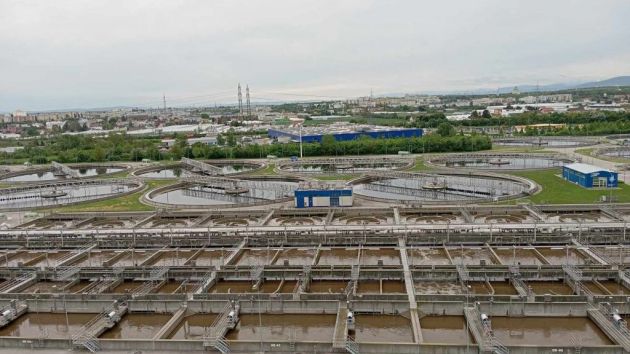
28.04.2024. | Industry
16.04.2024. | News
Economy Fair in Mostar opens – 26 companies from Serbia exhibiting

16.04.2024. | News
28.04.2024. | Industry
Canadian company interested in opening boric acid mine and factory near Raska – Exploitation of borate over 15-year period planned
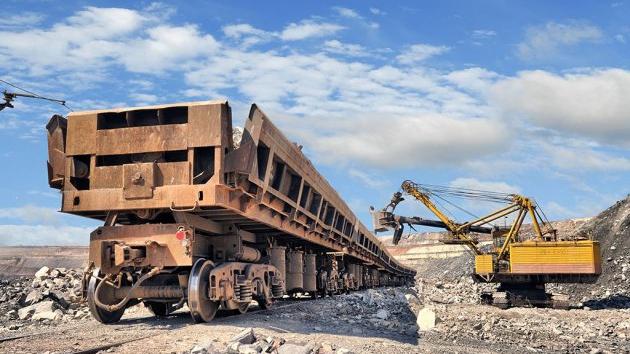
28.04.2024. | Industry


 Izdanje Srbija
Izdanje Srbija Serbische Ausgabe
Serbische Ausgabe Izdanje BiH
Izdanje BiH Izdanje Crna Gora
Izdanje Crna Gora


 News
News









